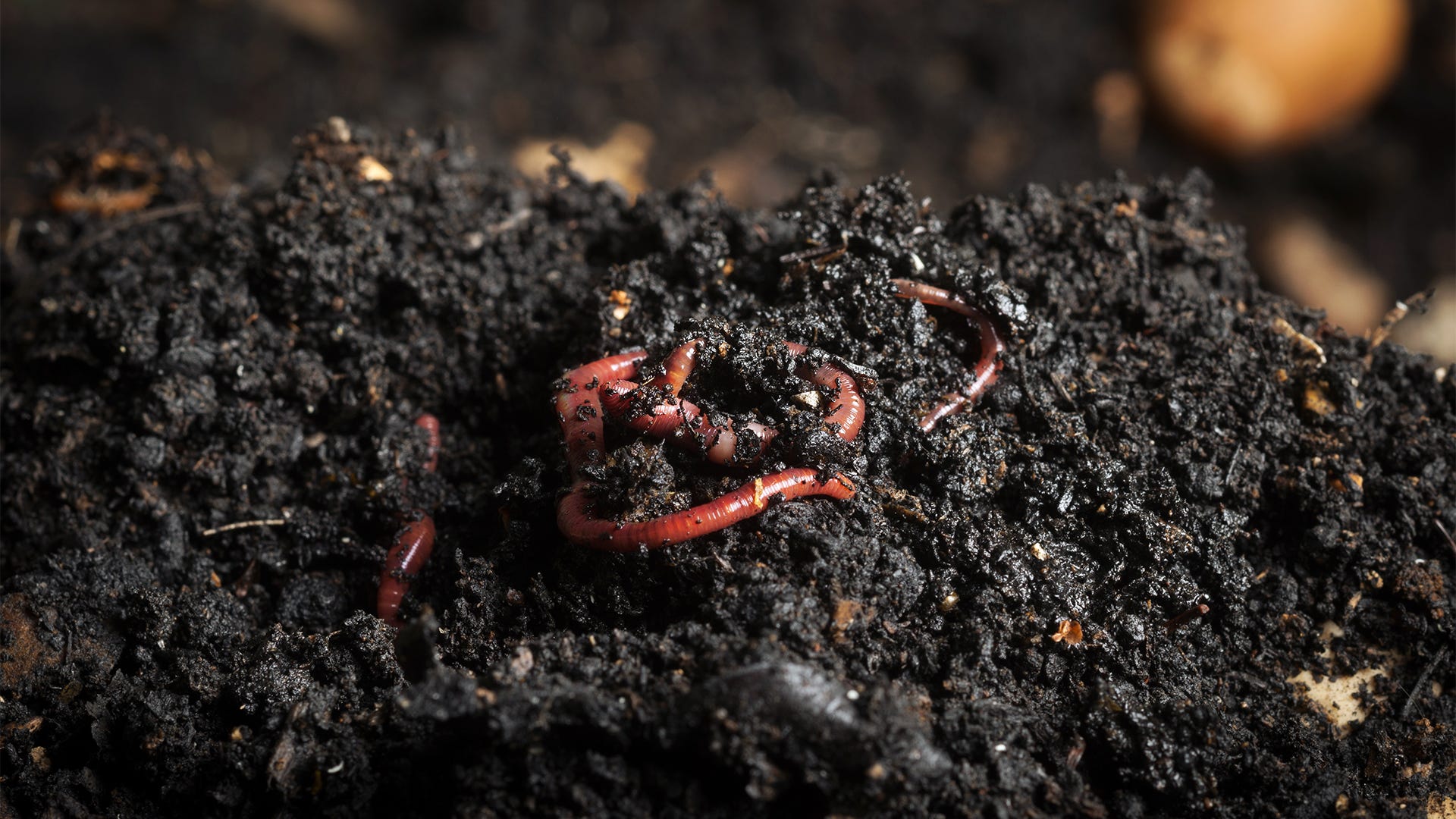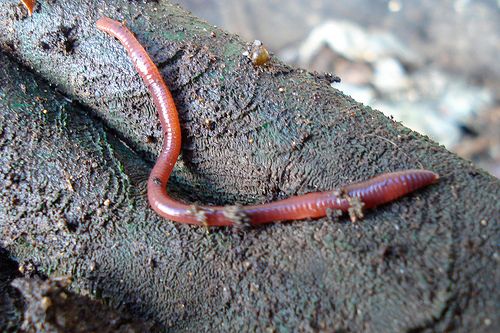Organic Composting with Red Wiggler Worms - Increase Your Yard's Growth
Organic Composting with Red Wiggler Worms - Increase Your Yard's Growth
Blog Article
Red Wiggler Worms Demystified: Unlocking the Secrets of Vermiculture for Greener Living and Nutrient-Rich Dirt
In the realm of sustainable methods for enriching soil high quality and promoting eco-conscious living, red wiggler worms play a crucial yet usually neglected function. These simple creatures have the impressive capability to change organic waste right into nutrient-rich castings that work as a powerful natural fertilizer. By diving right into the world of vermiculture, one can reveal a plethora of advantages that extend much past conventional composting approaches. Comprehending the complexities of caring for these worms, maximizing their environment, and using their castings can bring about a greener way of life and healthier dirt for plants to thrive.
The Role of Red Wiggler Worms
Red Wiggler worms play a vital function in composting systems by effectively damaging down raw material right into nutrient-rich castings. These starved eaters eat a variety of organic products, such as cooking area scraps, yard waste, and paper products. As they feed, the worms' digestive processes break down the raw material into a penalty, dark, and nutrient-dense product referred to as worm castings or vermicompost.
The castings created by Red Wiggler worms are very useful for dirt wellness and plant development. They are rich in necessary nutrients like potassium, nitrogen, and phosphorus, which are vital for supporting healthy plant development. Furthermore, worm castings consist of advantageous microorganisms and enzymes that assist enhance soil structure, increase water retention, and improve nutrient uptake by plants.
Advantages of Vermicomposting

Additionally, vermicompost, the nutrient-rich output of vermicomposting, works as an exceptional organic fertilizer and soil conditioner. It enhances soil structure, boosts soil oygenation, and boosts soil wetness retention. These buildings contribute to much healthier plants with stronger origin systems and much better resistance to parasites and illness. Vermicompost additionally enriches the dirt with vital nutrients like phosphorus, potassium, and nitrogen, promoting plant development and general dirt fertility.
Additionally, vermicomposting assistances sustainable horticulture methods by providing a chemical-free and all-natural choice to synthetic plant foods. Red Wiggler Worms. This ecologically friendly method not only enriches the dirt but also helps in reducing reliance on harmful chemicals, promoting a greener and more sustainable method of horticulture
Establishing Up a Worm Container
When establishing a worm container for vermicomposting, correct configuration is critical to ensure the success of the composting procedure. The first step in establishing up a worm container is picking a suitable container.
After including the bedding, introduce the red wiggler worms to the container. It is recommended to begin with a handful of worms and slowly increase as they increase. The worms must then be provided with food scraps such as vegetables and fruit peels, coffee grounds, and eggshells. It is vital to prevent including meat, dairy, oily, or salted foods to stop drawing in insects and creating undesirable odors.
Regularly check the dampness levels and temperature level in the worm container to ensure optimum problems for the worms. With correct configuration and maintenance, the worm bin will effectively transform see it here organic waste into nutrient-rich compost for your plants and yard.
Gathering Worm Spreadings
To efficiently gather nutrient-rich worm spreadings from your vermicomposting system, an organized harvesting method is vital. When it comes time to collect the worm spreadings, there are a few key actions to comply with to make certain an effective procedure.

Troubleshooting Common Issues
Recognizing and addressing common challenges that may occur during the vermicomposting process is essential for maintaining a productive and healthy worm container. One common issue that vermicomposters encounter is overfeeding. Adding excess food scraps can bring about a build-up of dampness and acidity in the worm bin, possibly damaging the worms. To stop this, feed the worms in small amounts, sites making certain that the food scraps are adequately broken down prior to including much more. One more issue is unpleasant odors originating from the worm container. Foul scents suggest anaerobic conditions, usually brought on by overwatering or inadequate air flow. To fix this, adjust the wetness levels by including completely dry bed linen materials like shredded newspaper or cardboard and increase aeration by turning the bedding frequently.
Additionally, if the worm population is decreasing or the worms appear undesirable, it might be as a result of environmental stress factors such as extreme temperatures or pH levels. Checking these variables and making required modifications is important for the health of the worms. By fixing these common concerns quickly, vermicomposters can guarantee a successful and smooth vermicomposting procedure while keeping a flourishing worm populace.

Conclusion
To conclude, red wiggler worms play a vital duty in vermiculture by damaging down natural issue right into nutrient-rich soil. The benefits of vermiculture include greener living and enhanced soil high quality. Establishing a worm bin is important for successful vermiculture, and gathering worm spreadings gives important garden compost for horticulture. By recognizing and troubleshooting typical problems, people can unlock the tricks of vermiculture for sustainable living and much healthier dirt.
As they feed, the worms' digestive procedures damage down the organic matter right into a fine, dark, and nutrient-dense material recognized as worm spreadings or vermicompost.
The castings produced by Red Wiggler worms are highly beneficial for soil health and plant development. Including excess food scraps can lead to a build-up of wetness and acidity in the worm container, possibly hurting the worms.Furthermore, if the worm population is decreasing or the worms appear harmful, it might be due to environmental stress factors such as severe temperature levels or pH levels. Setting up a worm container is crucial for effective her explanation vermiculture, and gathering worm castings provides beneficial garden compost for horticulture.
Report this page